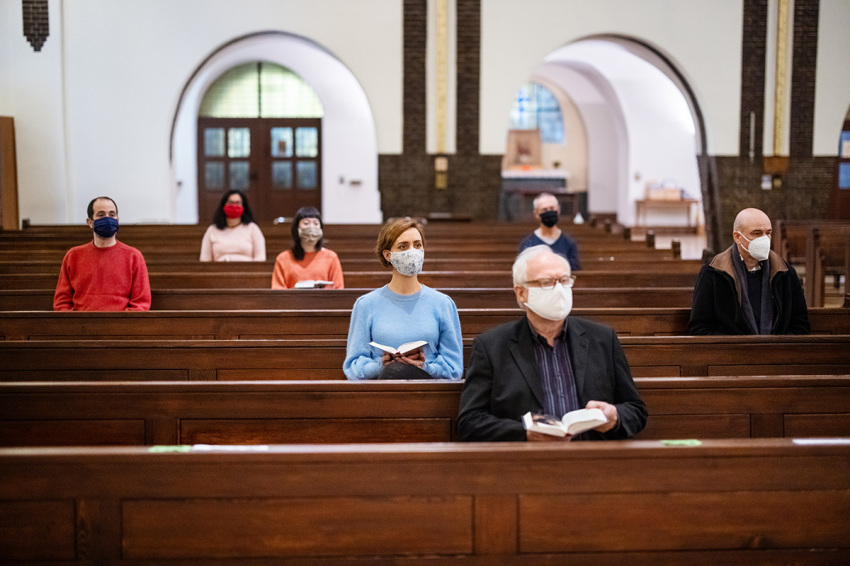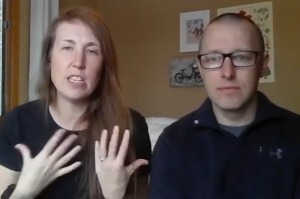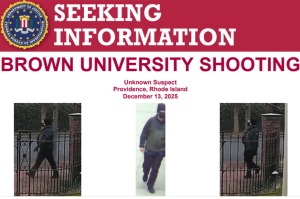43 states don't prioritize clergy in vaccine distribution for 'essential' workers: report

Forty-three states and Washington, D.C. failed to prioritize clergy in their COVID-19 vaccine distribution plans despite the federal guidance that distinguishes clergy as essential workers and the role many churches play in vaccine distribution, a legal nonprofit has warned.
Napa Legal Institute, an organization that provides legal and financial education to advance faith-based nonprofits, published a report highlighting the states’ negligence to follow federal guidance prioritizing religious leaders as essential workers in vaccine distribution.
Vice President and Executive Director of Napa Legal Institute Josh Holdenried told The Christian Post in a Friday interview that his organization launched the study after noticing a “double standard” churches experienced during the pandemic.
“This study resulted from the fact that over course of the pandemic, there were a lot of double standards being applied against houses of worship, churches,” Holdenried, who formerly served as director of coalition relations at the conservative think tank The Heritage Foundation, said.
“Liquor stores being opened up before churches were allowed [to open]. That eventually made its way to the Supreme Court, and the Supreme Court eventually said that our inalienable rights protected by the constitution aren’t suddenly null and void because of the pandemic.”
Because of this observation, Napa Legal began to track how states treated faith leaders and clergy in the early vaccine distribution stages.
“So, as the vaccine started to roll out and states started to put together their distribution plan, … we suddenly identified a serious problem,” Holdenried shared.
Napa Legal’s report categorizes states into red, yellow and green categories. The 25 states in the red category have no prioritization or messaging in their distribution plans regarding clergy or faith leaders.
Meanwhile, 20 states are listed in the yellow category. The yellow states “technically, but not explicitly” include clergy in their plans "due to their eligibility for other categories (most commonly, unpaid healthcare workers and volunteers or school staff), rather than by virtue of their status as clergy."
Yellow states "do not include 'faith leaders' or 'clergy' when listing categories of eligible recipients in messaging related to the plan," the report details.
One example is New Jersey. While New Jersey’s vaccine lists don't include clergy or faith leaders, Napa Legal points out that "[s]omeone experienced in this area might have the insight to click through the fine print to determine that technically clergy will be included.” The average lay reader “would probably be misled or confused by the messaging.”
There are only seven states in the green category, which means they explicitly prioritize or mention clergy in vaccine distribution policies. These states are Alabama, Colorado, Kentucky, Maryland, North Carolina, Pennsylvania and Wisconsin.
“We’re focusing on clergy because as far back as March 2020, clergy were immediately listed as critical infrastructure workers and essential workers by the federal government …,” Holdenried said.
Last March, the Department of Homeland Security published guidance that lists clergy as "essential critical infrastructure workers,” which put them in the same categories as health care professionals and teachers. In a December report, DHS listed “[c]lergy and other essential support for houses of worship” as essential.
According to Holdenried, the Centers for Disease and Prevention also treats clergy as essential workers in a 75-page document that guides states in the vaccine rollout.
“Even the federal government recognized the critical role that clergy, pastors, ministers, play as essential workers, and despite that federal guidance,” he said. “However, we started to find the majority of the states were not prioritizing clergy in the early phases of the vaccination distribution plan.”
Holdenried said they are not saying clergy should “cut in line” to receive their vaccination.
“All that we’re saying is that they should be recognized as essential workers in the same way that other people in other professions are being recognized as essential workers and being explicitly listed and told that the vaccination is available to them,” Holdenried said.
“The First Amendment, public policy, and current administrative guidance clearly require that clergy and faith leaders receive the same protections as other frontline essential workers,” Napa Legal shared in the report.
Napa Legal gives states the benefit of the doubt and understands some plans overlooked clergy or were unclear in their language regarding faith leaders, Holdenried said.
Some states, however, gave vaccination priority to casino or retail cannabis workers and seemed to completely overlooked faith leaders.
“Both the Department of Homeland Security and the United States Supreme Court have repeatedly affirmed that the free exercise of religion is an essential activity,” the report states.
Some states rely on clergy to communicate with their congregations about the vaccine.
“They’re relying on clergy to help them spread the word about the vaccination and encourage their flocks to sign up for the vaccination, but then they turn around and overlook clergy in getting vaccinated …,” Holdenried stated.
“This represents how clergy are front line workers because there are in their communities encouraging people to get vaccinated, … but then they forget or overlook, or even worse, discriminate against clergy in the vaccination distribution plans itself.”
Holdenried said the report is a live document. Napa Legal will provide updates as the vaccine distribution continues. The organization will consider the report a success when all the states are in the green category.
“Our role in this issue is to bring attention to it. We want to do the due diligence and research to show people this is a problem …,” Holdenried detailed. “As the report continues to be circulated and shared, we want to encourage local leaders to press their state representatives, contact their governor’s offices and let them know. … We’re going to continue tracking this. And as more attention comes to this issue, we will continue updating our report.”



























